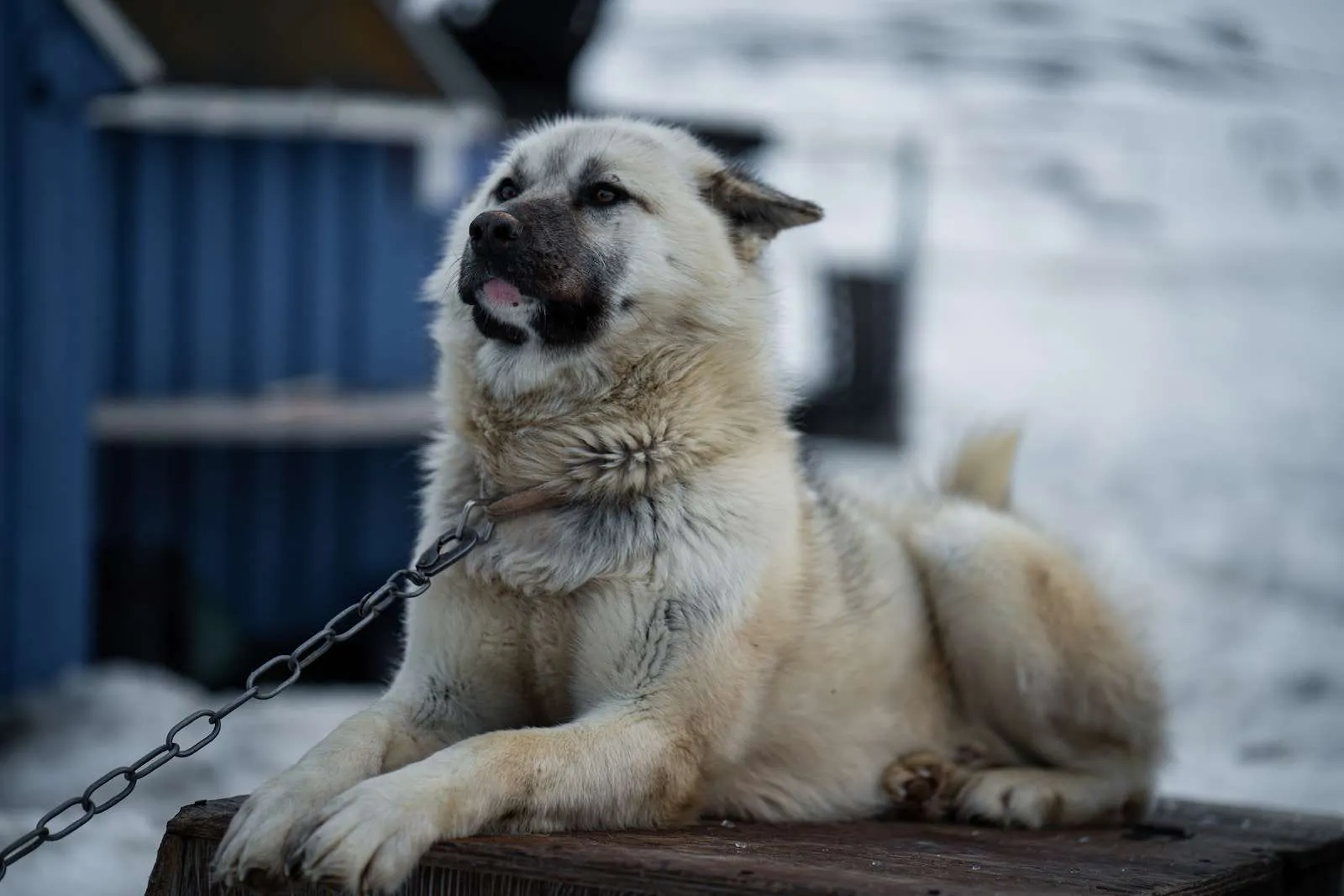Fat Dog Breeds: What You Need to Know
It’s no secret that obesity affects not only humans, but also our furry companions. While it may be tempting to indulge your dog with treats and table scraps, doing so can lead to excess weight gain and health problems down the road. Here are some things you need to know about fat dog breeds.
The Most Prone Breeds
Certain breeds of dogs are more prone to obesity than others. Some examples include Labrador Retrievers, Beagles, Dachshunds, Bulldogs, and Basset Hounds. These breeds have a slower metabolism and a greater tendency towards overeating if given the opportunity.
Health Risks of Obesity in Dogs
Just like in humans, being overweight or obese can lead to serious health risks for dogs. These risks include diabetes mellitus, heart disease, osteoarthritis, respiratory disorders and many other conditions. It is important for owners of fat dog breeds to carefully monitor their pet’s diet and exercise regimen.
Prevention Tips
Preventing obesity in dogs starts with proper nutrition and regular exercise habits from an early age. Owners should feed their pets high-quality food that is appropriate for their breed’s dietary needs while avoiding table scraps as much as possible. A regular exercise regimen including daily walks or runs will help keep your furry friend healthy all around.
Treatment Options
If your dog has already become overweight or obese there are several treatment options available including medication prescribed by your vet along with a strict diet plan consisting of low-calorie foods restricting table scraps consumption starting now along with increased physical activity throughout the day such as frequent walks or runs alongside playing fetch games involving ball throws which can also prove helpful in shedding off extra pounds when done regularly enough!

